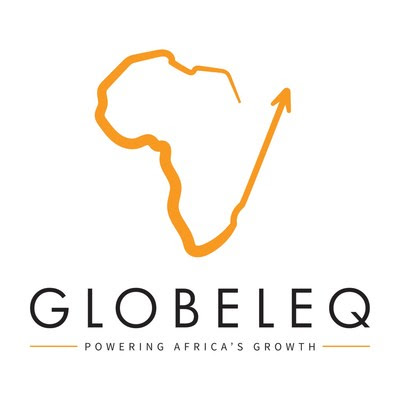Rancho Santa Margarita, Calif., Dec. 21, 2021 (GLOBE NEWSWIRE) — Blue California, the producer of natural science-based ingredients, provides FineCap™ a comprehensive microencapsulation technology platform, equipped with 20 microencapsulation technologies, to deliver active ingredients and satisfy our clients’ needs.
Microencapsulation is the process in which tiny particles of solid, liquid, or gas are packaged within a matrix to form a capsule. The capsule is coated with a protective layer to avoid degradation from exposure to environmental factors such as water, oxygen, heat, and light.
“Brands that seek to expand their products’ qualities and boost their product portfolios will find many benefits to the FineCap platform,” said Dr. Cuie Yan, vice president of encapsulation. “FineCap takes microencapsulation a step further by offering a variety of technologies and targeting customers’ specific needs in tackling active ingredients with unique characteristics, such as strong odor, taste or stability problems that challenge formulators.”
Microencapsulation systems have been widely used across multiple industries, including the pharmaceutical, food, supplement, personal care, and fragrance industries, for active ingredients like medicines, nicotine, flavors/fragrances, polyunsaturated fatty acids, probiotics, natural pigments, vitamins, antioxidants, etc. Space agency NASA also uses encapsulation technologies for spacecraft. The pharmaceutical industry uses microencapsulation often to control the release of active pharma ingredients (API).
Blue California has created the FineCap platform to serve customers’ growing demands for better performance of API, functional ingredients, dietary supplements, flavors, fragrances, cosmetics, and personal care products.
For example, FineCap protects API from degradation, unpleasant tastes or aroma, and maintains its efficacy, by controlling its release. FineCap enables flavors to thrive in food and beverages with integrity, intensity, and extended shelf-life.
In fragrances, FineCap guarantees brands to control the precise fragrance release rate, location, and duration. Personal care products benefit from FineCap by protecting the delicate top-notes and cosmetic actives from oxygen, moisture, temperature, and light deterioration. A more comprehensive look into the benefits that FineCap delivers in these product segments can be found here.
“Our comprehensive FineCap platform has been serving and supporting formulators looking to launch market-winning products with better qualities and shelf-life that consumers are seeking,” said Dr. Yan. “We’re enabling brands to quickly create products from innovative concepts, benchtop development, to pilot and full commercial manufacturing, with improved efficacy, taste, color, texture, and shelf life, along with vegan, organic, Kosher, or Halal certificate.”
The FineCap platform investment builds on Blue California’s 25-year legacy of producing botanical extracts and now natural flavors and fragrances and focuses on developing sustainable ingredients made through bioconversion or fermentation.
###
About Blue California
Blue California is an entrepreneurial, science-based solutions provider and manufacturer of clean, natural, and sustainable ingredients used in food, beverage, flavor, fragrance, dietary supplements, personal care, and cosmetic products. For more than 25 years, Blue California has built a strong reputation for creating value in these diverse natural products and nature-inspired industries.
Attachment

Ana Arakelian Blue California +1-949-635-1991 ana@bluecal-ingredients.com

